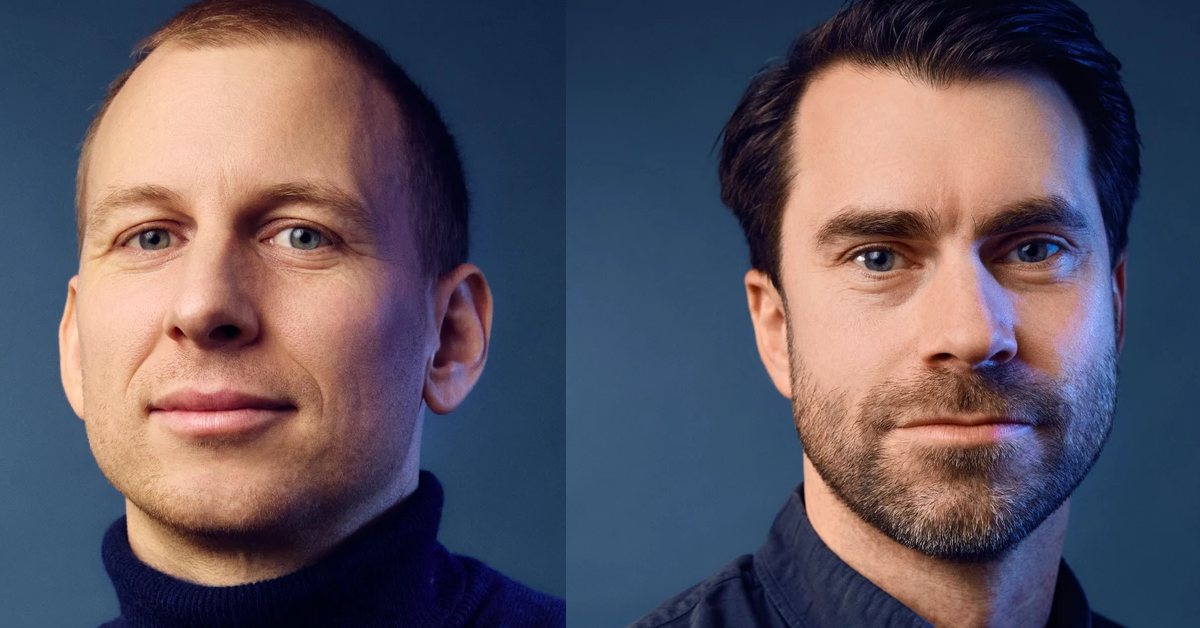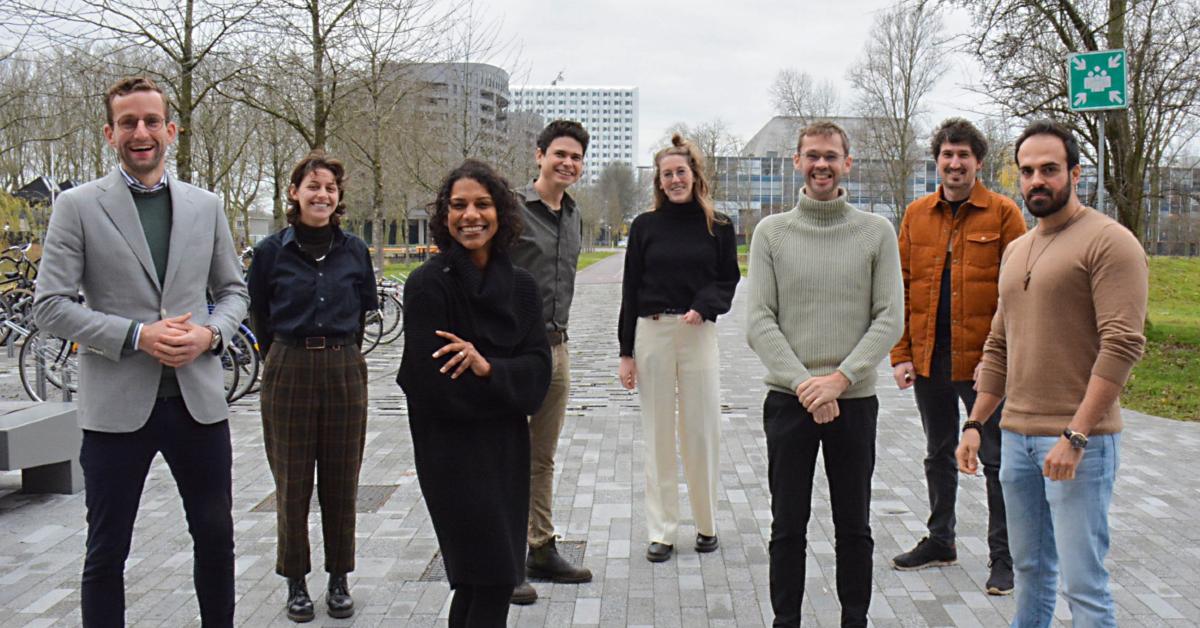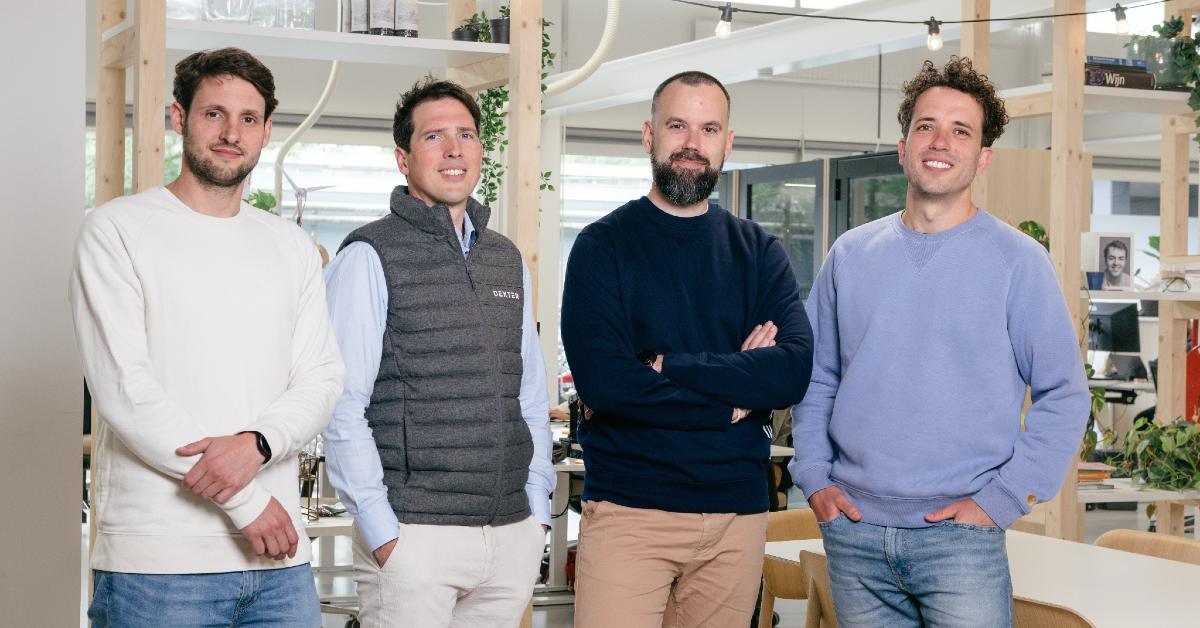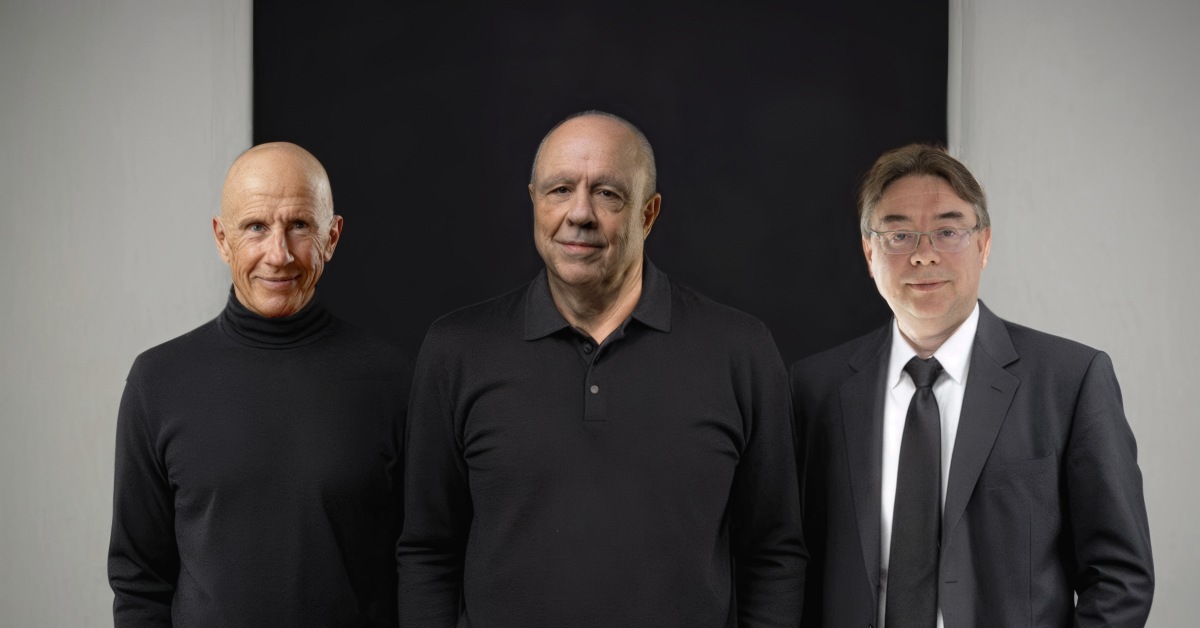All patients are unique and therefore need individual treatment. When it comes to orthopedic technicians (OT) to meet the needs of patients, each of their requirements are different, which in turn requires a lot of cost and time. Hence, sometimes less than perfectly fitting off-the-shelf orthotic or prosthetic products are delivered to the patients.
To meet this diverse demand perfectly, Mecuris, a medical technology startup has come up with a simplified process in this segment and hence improving the patients care substantially while saving significant time and money in the process.
Recently, Mecuris won first prize in the “Digital Wellbeing” category at the EIT Digital Challenge, the competition organised by Europe’s leading accelerator, EIT Digital, to identify innovative ‘deep tech’ scaleups of the continent. Over 279 scaleups competed at the most prestigious competition of the European deep tech and Mecuris won the first prize in the “Digital Wellbeing” category. An award also accompanied by a grant and a support in development.
Silicon Canals was also present at the conference and our founder Remco Janssen sat down with the company’s co-founder and CEO Manuel Opitz for a quick chat to know more about the company’s future plans.
On winning the award, Opitz says, “We are honoured to have been selected from these strong startup ideas and, above all, to have the support of this large community for international fundraising. This encourages us to further advance the digital change in the orthopaedics and prosthetics industry.”
Simplifying the process
The German company specialises in providing orthopedic technicians with an easy-to-use online platform for customisable and 3D-printed orthotics and prosthetics – delivered by Mecuris within days. Moreover, it provides solutions within a digital process chain resulting in a faster time to market for new products. Mecuris aims to co-create patient-specific orthoses and prostheses with orthopedic technicians. As these can be further styled individually (color, texture, ornaments, logos, etc.) they will enrich the wearers’ life as an expression of their personality.
“Right now, the process looks something like this; you get a prescription from your physician and then go to a medical supply store to meet a prosthetist. These prosthetists usually start with some measurements, maybe they’ll make a plaster cast of your residual limb or of the stump, depending on what you need. Then, it takes several months and usually 5 to 10 fitting sessions until you get your prosthetic leg,” explains Opitz.
The aforementioned process is performed in a complete manual fashion with minimal use of technology. Factor in the fact that to get a great prosthetic limb, one needs to consult a good prosthetist but even then, there’s no guarantee of quality. The scaleup Mecuris aims at not only speeding up the whole process but also deliver great quality prosthetics with the help of digitisation.
Opitz says, “If a customer orders a prosthetic foot, we ship one the next day since we have prosthetics of different sizes and variations, in stock. However, it might not be a perfect fit with the right colour and it could be a bit too stiff or too soft, and maybe not 100 percent meant for his weight class. About two to three weeks later, we replace the prosthetic with a customized 3D printed foot, which is meant for that patient. It is adapted to the patient’s weight, the gait style, the amount of stiffness is preferred in the foot and more.”
Easier access
“So, depending on what you need you take some measurements, some pictures and maybe a 3D scan. One can then you can upload this information to our platform, configure everything online, show it to the amputee directly in 3D to discern how it would actually look like. This enables a user to know what to expect and additionally, they can also personalise their prosthetic as per their preference with colours, maybe a tattoo or an image,” says Opitz.
Along with the freedom and convenience of taking measurements and personalising their prosthetics, Mecuris has more to offer its customers. One can choose the form and functionality of their prosthetic and download the 3D file of it to either CNC (Computer Numerical Control) mill it at a prosthetist’s workshop or directly 3D print it if the option is available. If one needs, Mecuris can also 3D print the prosthetic for the user and ship it to their address.
Adding a personal touch
The Munich-based startup is also solving one of the biggest problems in the industry, which is lack of experts. On one hand, Mecuris empowers experts to perform treatments with a smaller, digitised workshop by providing a digital direction. On the other side, this helps doctors treat patients faster with more time to concentrate on the patient. Opitz says, “We will never replace the prosthetist. We just make them more efficient in the workshop by enabling them to concentrate more on the patient. We also support some of them remotely.”
Enabling doctors to remotely work on prosthetics is one of the ways Mecuris is enabling the betterment of others. Doctors can go to a region where there aren’t enough prosthetics to take measurements and scans. The prosthetist can then figure out how to proceed with the treatment and virtually, the same technology can help people by enabling doctors access to all these tools.
Good growth with external funding
Mecuris is doing well in terms of growth as it is only a three-year-old startup but there are already 30 permanent and 7 contractual employees in their team. The company received external funding exceeding €5 million and has completed three funding rounds till date. The latest funding round was recently completed. Additionally, the startup works on some cutting edge technology research in partnership with some large players in the industry and has hence received some public grants to accelerate its growth.
“Manufacturers realised what we do is quite valuable for them for speeding up their production process. So, they partner with us in large funding projects and we receive government grants to push beyond what we do. This is not only related to CNC milling or 3d printing, but it can also include robots which lay carbon fiber patches together to create a customized socket,” explains Opitz.
Biggest challenge in a growing company
The biggest current challenge for the company is said to be an internal shift, which is happening after it concluded numerous developments and pushed products to the market. “For the first two years, we developed numerous prototypes and sold some of them too. We made the prosthetics mostly for kids but now, we are opening up the market to include elderly patients as well, which is our largest share of the population with a higher need for prosthetics,” says Opitz.
Mecuris also recently added a new foot design to its software in the summer and says it received notable of pre-orders for it. As the company’s designs catch traction in the market, they need to scale up and penetrate the German market considerably more. Opitz remarks, “What we now look for with EIT is to help us assess international markets as it is extremely relevant for us. We already have CE certifications and FDA approvals and just need to assess which markets might be reasonable to enter. We don’t want to expand too far and too quickly.”
This article is produced in collaboration with EIT Digital. Read more about our partnering opportunities.










01
From telecom veteran to Dutch Startup Visa success: The Jignesh Dave story